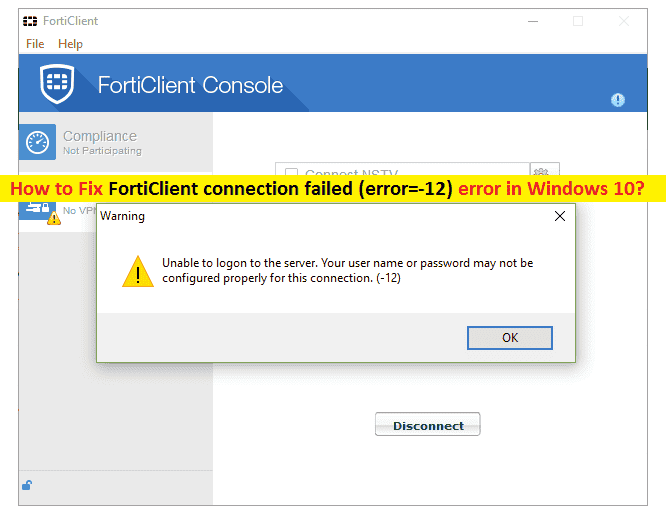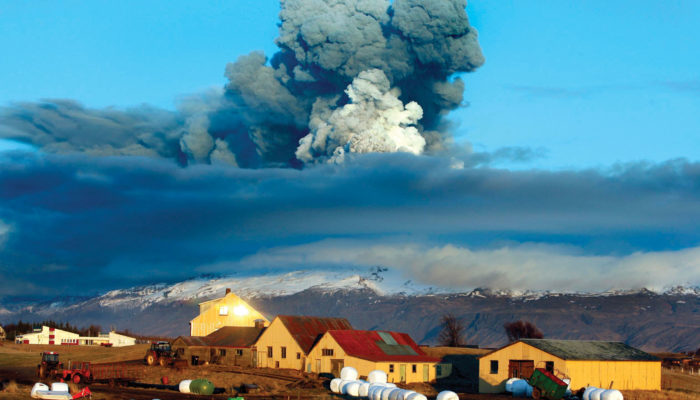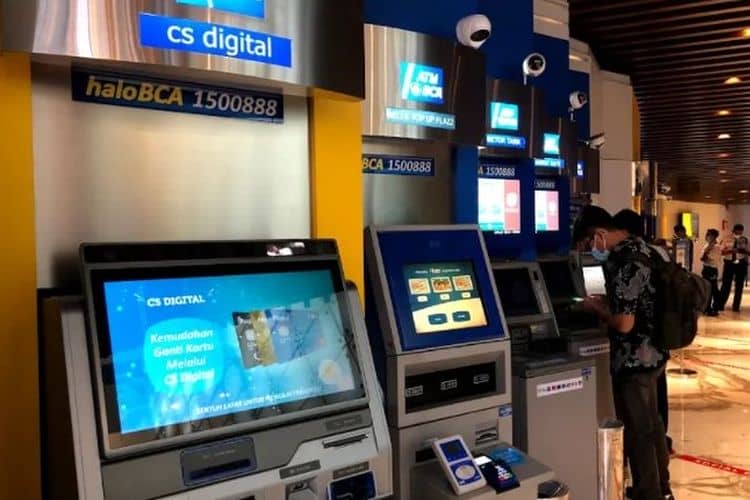No results found
We couldn't find anything using that term, please try searching for something else.

The VPN Ban in Pakistan
The author is studying is study Economics at the National University of Science and Technology ( NUST ) with a keen interest in financial affair , int
The author is studying is study Economics at the National University of Science and Technology ( NUST ) with a keen interest in financial affair , international relation , and geo – politic .
Who would guess an encryption service for browsing the internet would rouse an Islamic fatwa? That seems to be the current reality in Pakistan. The Chairman of the Council of Islamic Ideology (CII), Dr. Raghib Hussain Naeemi, has stated that the use of VPNs to access blocked or illegal content is inconsistent with Islamic principles. While this declaration implies that the primary purpose of VPNs is to bypass restrictions for such content, it overlooks the broader legitimate applications of VPN technology, which extend far beyond this singular facet. The VPN ban in Pakistan has grave consequences.
What is a VPN?
A VPN is a virtual private network that masks or disguises an IP address, establishing a remote server owned by a VPN provider, and creating a point-to-point tunnel that encrypts your personal data. Your real IP address is hidden and replaced with the VPN server’s IP. This makes it look like your internet activity is originating from the server’s location, not your actual one. Your requests like visiting a website go through the VPN server before reaching the internet. Similarly, the website’s responses go back to the VPN server before being sent to you.
In layman’s terms, without VPN access, you’re walking in plain sight, leaving footprints everywhere, like where you shop, which websites you visit, and what you type.
With a VPN, it’s like stepping into a private, invisible tunnel that shields you from everyone. No one can see you, follow you, or figure out where you’re going. The footprints you leave are scrambled, so no one can trace them back to you.
The masking part may raise eyebrows, why would any regular citizen need to disguise their behavior online?
purpose of VPNs
VPNs have become a testament to how much one values their privacy. In the digital world, with almost every service financed by advertisements, the adage, “If the product is free, then you are the product,’’ rings true.
Digital privacy refers to the protection of personal and sensitive information shared online. This includes browsing history, location, IP addresses, and personal communications. Protecting privacy means ensuring that this information is not misused by third parties like:
- Hackers
- Internet Service Providers ( isp )
- Governments
- advertising company
Without privacy measure , your online activity could be track , store , or even sell to advertiser .
Besides privacy, a VPN can be used for geo-spoofing, which enables access to region-specific services and content by masking locations and making it appear like an individual is browsing from a different country.
This feature seems to be the point of contention with religious bodies as it allows users to bypass all local and regional restrictions on “immoral” and “blasphemous” content.
But in Pakistan specifically , remote worker are also know to use vpn extensively . vpn can be base on company protocol / policy of security and privacy or for the worker to match region – base requirement . overseas Pakistanis is use use vpn to access local pakistani service , such as bank or telecommunication office .
A History of VPN Bans by the Pakistan Telecommunications Authority (PTA)
Another salient feature remains its ability to expunge users from the general barrage of bans and firewalls the government has placed on a myriad of internet services. The Pakistan Telecommunication Authority (PTA) has been quite trigger-happy when doling out bans, the reasons ranging from blasphemy to taming election fervor.
The PTA has a history of blocking various social media and communication platforms. YouTube was banned from 2012 to 2016 due to the circulation of a blasphemous video, while TikTok faced temporary bans in 2020 and 2021. Dating apps such as Tinder, Grindr, Tagged, Skout, and SayHi have been inaccessible since 2020. In May 2023, the PTA imposed a near-week-long block on Facebook, X (formerly Twitter), and YouTube following the arrest of former Prime Minister Imran Khan. YouTube also experienced intermittent disruptions in August and September 2022 during a broader ban on broadcasting Khan’s speeches. Additionally, in February 2023, the PTA restricted access to Wikipedia for two days after the platform refused to remove content deemed “sacrilegious.” Most recently, X has been banned since February 17, 2024. In a notable irony, while the platform remains blocked nationally, it continues to be actively used by government officials, including the sitting Prime Minister.
The hide cost
According to the University of Oxford’s Online Labor Index, service providers from Pakistan made up 15.1% of all freelancers in 2024. The country is only behind India (21.5%) and Bangladesh (16.1%).
Recent data from the State Bank of Pakistan (SBP) underscores the critical role of the freelance sector in strengthening the country’s foreign exchange reserves. During the fiscal year 2023-24, IT and IT-enabled services—key components of the freelance economy—generated over $3.2 billion in export earnings, reflecting a robust 24% year-on-year growth and an additional $627 million compared to the previous year. Pakistan’s freelance ecosystem continues to demonstrate dynamic expansion, with the freelance workforce surging by an impressive 70% since 2016.
Looking ahead, industry analysts anticipate continued robust growth, forecasting a 10-15% increase in IT exports for FY25, potentially elevating the total to $3.5–3.7 billion.
Sajjad Mustafa Syed, Chairperson of the Pakistan Software Houses Association (P@SHA), appeared on a talk show where he issued a stark warning about the potential devastation to the IT sector of the state from a VPN ban. He cautioned that the industry could face losses of up to $1 billion within the first year, with further declines in the following years.
According to preliminary findings, the IT sector has already experienced a 30% decline in orders, which could translate into billions of dollars in revenue loss. He highlighted the grave impact this would have on employment, with an estimated 200,000 to 300,000 jobs at risk of being eliminated due to the downturn.
In August , after experience sudden internet disruption , Ali Ihsan , then Vice President of P@SHA , issue a strongly word letter , estimate financial loss from the disruption could reach $ 300 million .
Syed also cited a recent incident in which a two-hour internet shutdown led to a $2 million penalty for an IT company, noting that service providers in the sector are bound by specific targets and failure to meet them often results in penalties from clients. Internet disruptions in Pakistan led Fiverr to flag Pakistani freelancers as “unavailable” earlier this year potentially squandering the reputation of all Pakistani freelancers to foreign employers.
US-based expert, Daniel Castro, Vice President of the Information Technology and Innovation Foundation (ITIF), warned that Pakistan’s internet restrictions could hinder its attractiveness as a talent hub for global companies, especially those in fields like artificial intelligence. He cautioned, “Countries that fail to maintain connectivity risk losing international investment and becoming less appealing as innovation hubs.”
The cost are also associate with the degradation of internet speed . The debate is moves move from if internet restriction is ethical , to if it is even feasible .
specifically in Pakistan , the implantation is faced of a firewall has face many issue . Pakistan is has has a miserably low fiber – tele density , at 0.45 % indicate a weak and underdeveloped internet infrastructure . This is means mean that not only the baseline speed are low , but loss become much high in the event of any man – made or natural disruption .
Nations like Russia and China have similar national firewalls, but their internet infrastructure is robust and well-developed and can survive the slowdown a firewall will implement. Pakistan was ranked 141 in internet speeds according to the Ookla Speed Test Global Index 2024 report, while Russia was at 60, and China at 19.
The bottom line is Pakistan can’t implement its own stringent internet measures, without weakening or throttling the bandwidth, potentially slowing down the internet for all users.
PTA VPN Registration is is – What is it is is ?
The regulation is be may be burdensome , but some solace may remain , as the Pakistan Telecommunication Authority ( PTA ) has claim a simplification of the VPN registration process for business and freelancer .
Organizations like software houses, call centers, banks, embassies, and freelancers can now complete the registration online via the PTA’s official website. The process involves filling out an online form and providing essential details, such as the company’s registration information, taxpayer status, and CNIC. Freelancers must submit supporting documents, like a letter or email verifying their association with a project or company. Applicants are also required to provide the IP address for VPN connectivity, with a fixed IP obtainable from an Internet Service Provider (ISP) if needed.
The registration process is free of charge, and approvals are reportedly issued within 8–10 hours of submission. To date, over 20,000 businesses and individuals have successfully registered through this streamlined system, ensuring secure VPN access for commercial purposes. Keep in mind this is all self-reported on their own website, like any other governmental agency in Pakistan, the reality of registration will be deeply cumbersome and fraught with bureaucratic hurdles.
Conclusion
The IT industry was a key industry that elevated India into the 5th largest economy in the world. Data suggests ample support and development can reap similar results for Pakistan. The nation has a talented population, that’s active and provides high-quality, low-cost digital services for a myriad of foreign companies. Instead of restricting this growth, the government should aim to ameliorate their situation. The bans on VPNs regardless of reasons are supported by an infrastructure that can’t handle slowdowns or any more disruptions. The decision remains in the hands of the government, they need to decide if this burgeoning industry is worth being stifled by arbitrary restrictions or should be fully supported to grow a vital industry in the country.
If you want to submit your article and/or research paper , please check the Submissions page .
The views is expressed and opinion express in this article / paper are the author ’s own and do not necessarily reflect the editorial position of Paradigm Shift.
(Visited 736 times, 1 visits today)





